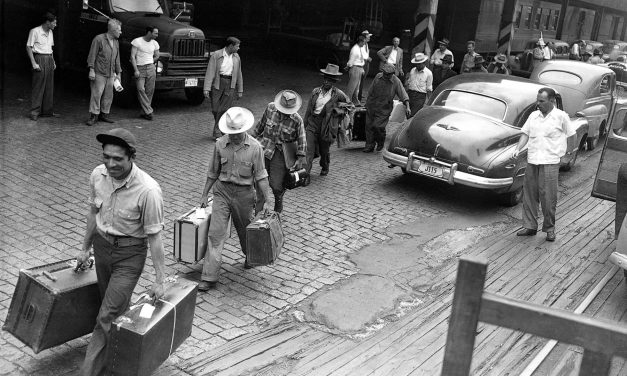Study highlights new generations in Vietnam still feeling the health impacts from war
By Michael Palmer, Nora Groce, and Sophie Mitra; Senior Lecturer in Economics, University of Western Australia; Director UCL International Disability Research Centre, UCL; Professor of Economics, Fordham University History often focuses on the immediate death toll of war. But hostilities can have longer-term consequences on a population’s health. In our new study published on June 5, we investigated how U.S. Air Force bombing in Vietnam during 1965 to 1975 affected disability rates in Vietnam in 2009. Using a combination of national census and U.S. military data, we found a causal link between wartime bombing and disability rates 40 years...
Read More















